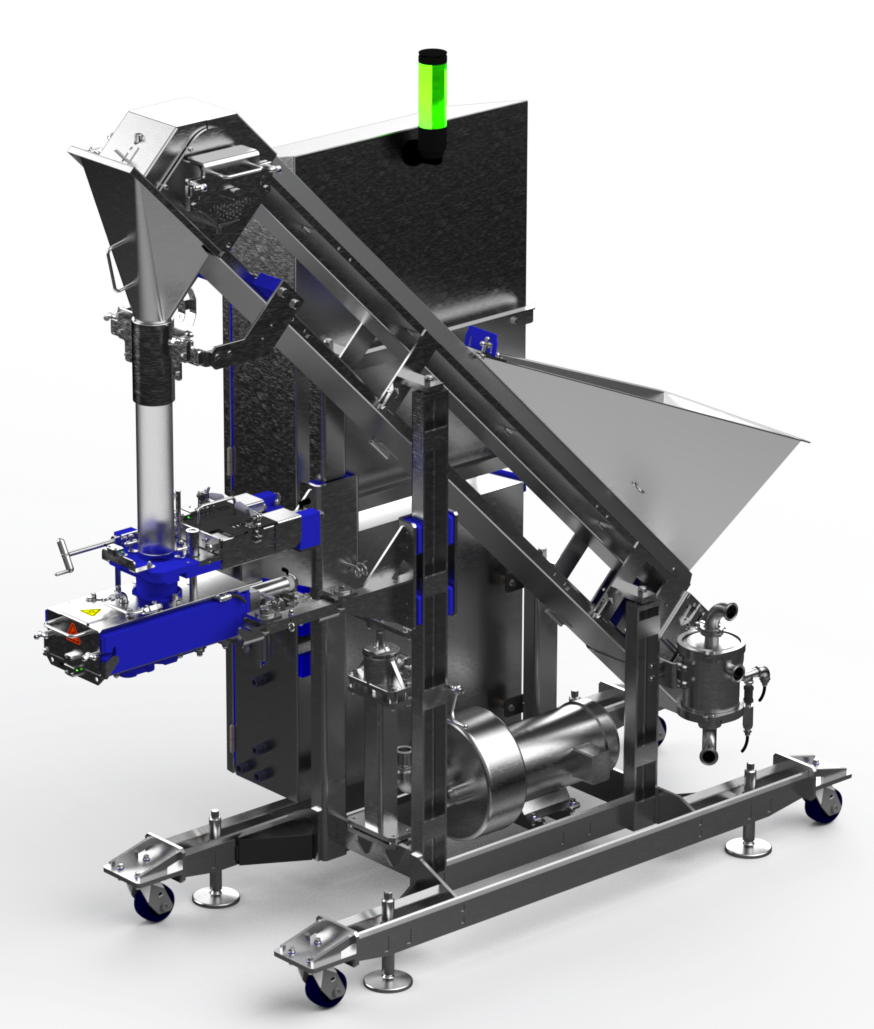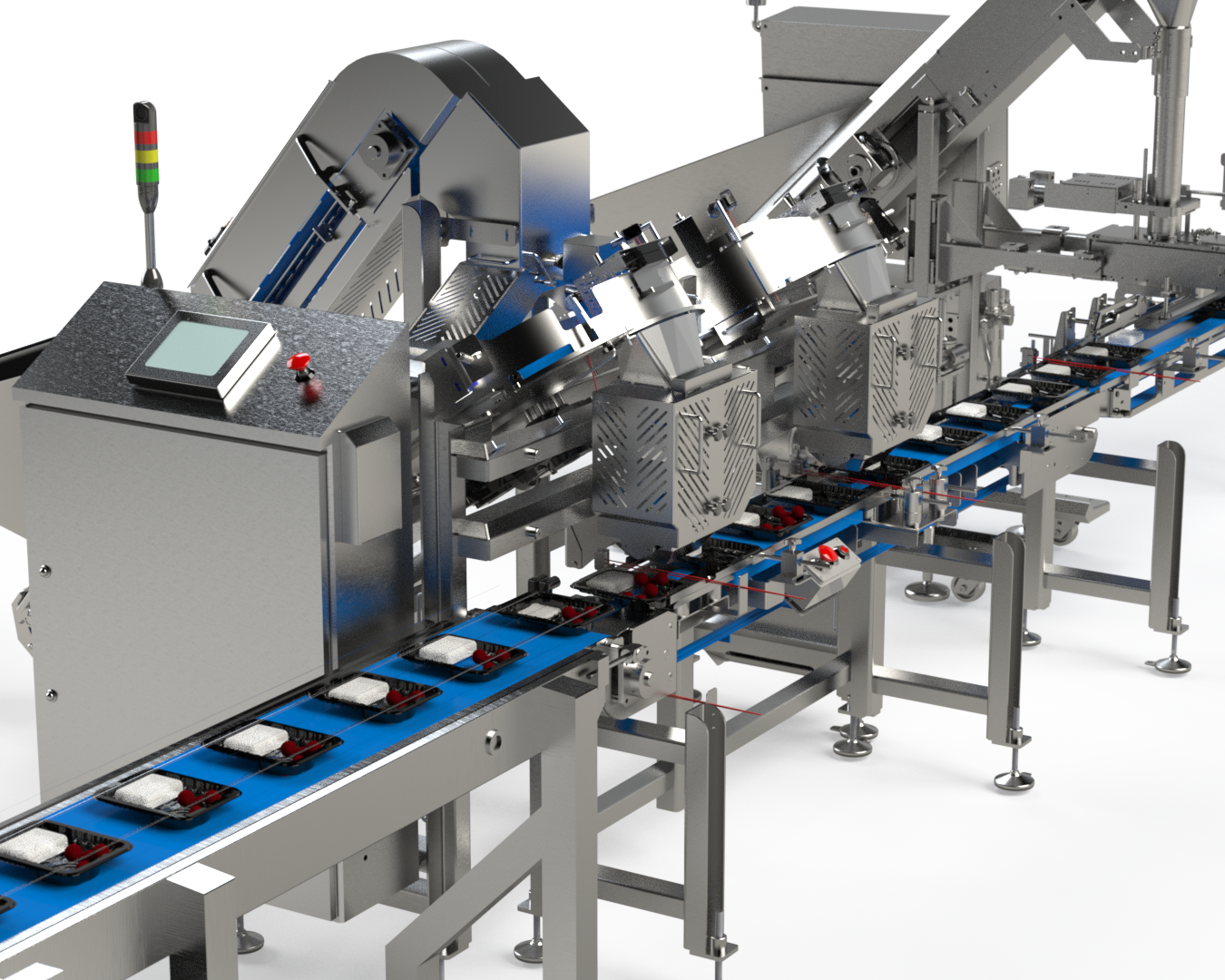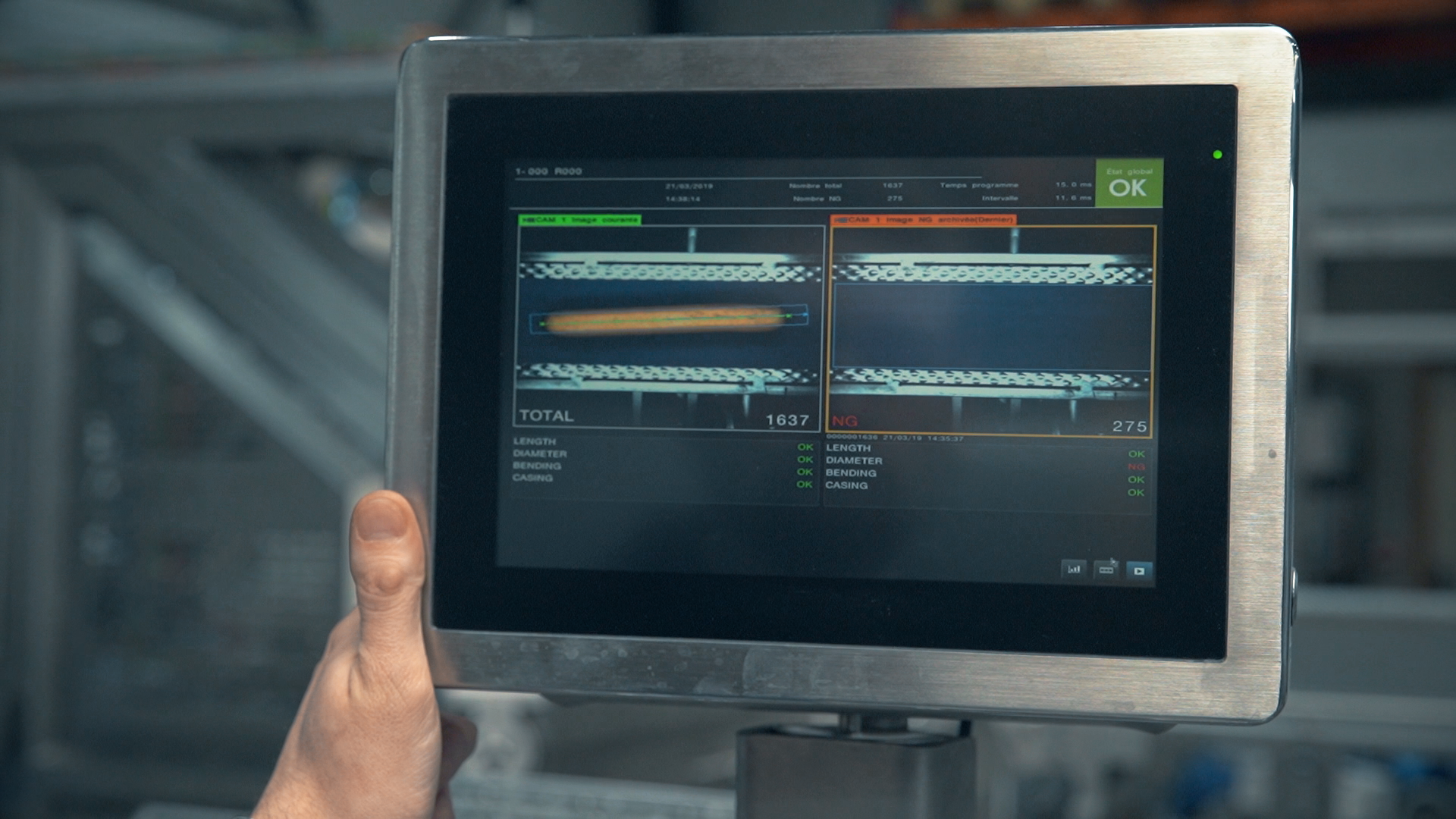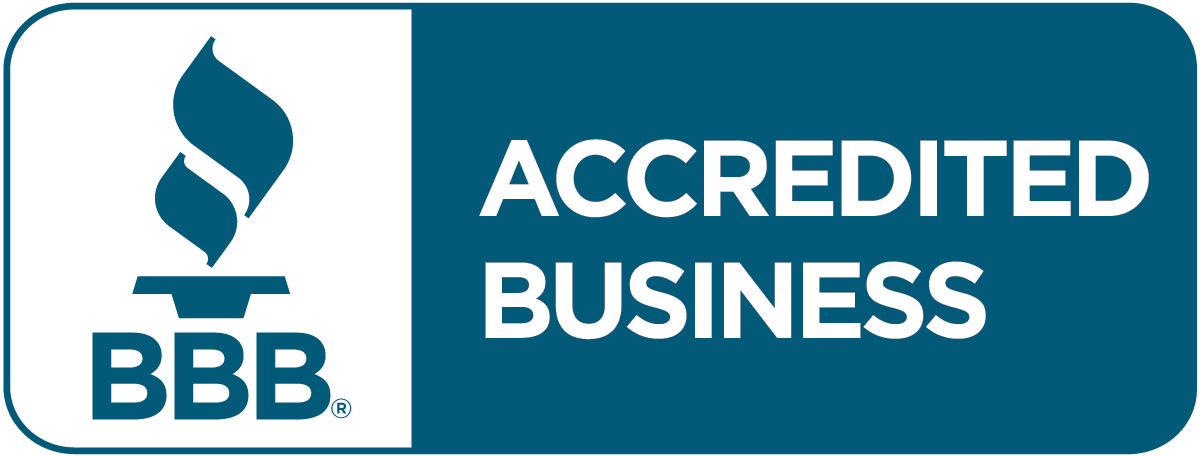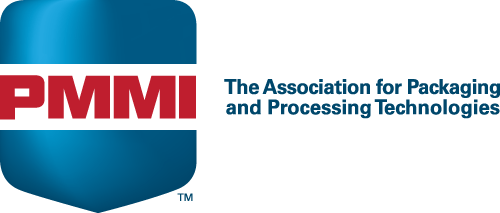4 Ways Wholesale Traders Can Reduce Inventory Costs
For wholesale traders, efficient inventory management is essential to success. Your bottom line can be greatly impacted, and supply chain effectiveness can be raised by optimizing inventory expenses. In this blog post, we'll go over four key tactics wholesale traders can use to cut inventory expenses and how Multi-Fill can help you run your business more efficiently.
Select Auto-Tracking for Spreadsheets
Efficiency and accuracy in inventory management are essential for a competitive edge in today's fast-paced corporate environment. Manual inventory tracking using spreadsheets may have been sufficient in the past, but it is now increasingly seen as time-consuming and error-prone. A more complex and automated strategy is necessary as firms grow and client needs change.
Using automatic inventory tracking software can be a game-changer for companies of all sizes. You can monitor and manage your inventory more efficiently with real-time visibility into inventory levels and essential insights regarding your goods. By automating this procedure, you can do away with the necessity for manual data entry, thus lowering the possibility of mistakes and guaranteeing data correctness.
Having a clear image of demand forecasts and inventory turnover is one of the significant benefits of employing automated tracking software. You can quickly address client requests by making informed, data-driven decisions when you have the correct data. This helps you avoid unnecessary safety stock, which takes up valuable cash and storage space and guarantees enough supply to fulfill orders rapidly.
Additionally, with the help of computerized inventory tracking, you can optimize your stock levels and balance supply and demand. You can quickly fill client orders by maintaining optimum stock levels while minimizing the risks of overstocking or stockouts. This degree of control enables you to avoid irrational carrying costs while still satisfying consumer demands, which can result in cost savings and increased profitability.
Multi-Fill can help you integrate inventory monitoring systems into your business operations to provide smooth inventory control.
Purchase Automated Filling Equipment
Manual filling procedures can be time- and labor-consuming. Investing in automated filling equipment may improve production and streamline your product packaging. Multi-Fill provides various cutting-edge filling equipment to meet your specific business demands. This ensures accurate and reliable filling operations.
Make the Most of Your Warehouse Area
Utilize your warehouse space to its fullest potential by using lean inventory techniques. Consider employing vendor-managed inventory solutions for such products after analyzing your inventory data to identify slow-moving commodities. To determine the most cost-effective order quantities, apply economic order quantity principles. You can save on storage expenses and increase inventory turnover rates by maximizing your warehouse space.
Batch Tracking
Implement batch tracking to improve traceability and lower the chance of product loss or obsolescence. You will be able to spot potential problems early and take corrective action by precisely tracking the batches of goods traveling through your supply chain. The filling devices from Multi-Fill can be fitted with batch tracking features, assuring complete adherence to industry standards and product quality assurance.
Select a Packing Machine Based on Your Specific Business Requirements
The needs of each wholesale trader's firm are different. Product type, packaging materials, and production volume should all be considered when choosing a packing machine. Multi-Fill provides a wide selection of customized packaging machines to meet your unique needs. Our equipment can be tailored to your company's needs, from single-head fillers for small batches to high-speed multi-head systems for large-scale operations.
Are you prepared to improve your inventory control and cut expenses?
Get in touch with
Multi-Fill today to learn how our cutting-edge filling equipment and packaging solutions can revolutionize your wholesale trading operations, improve productivity, and raise profitability.
Designing a food filling line: Product is king
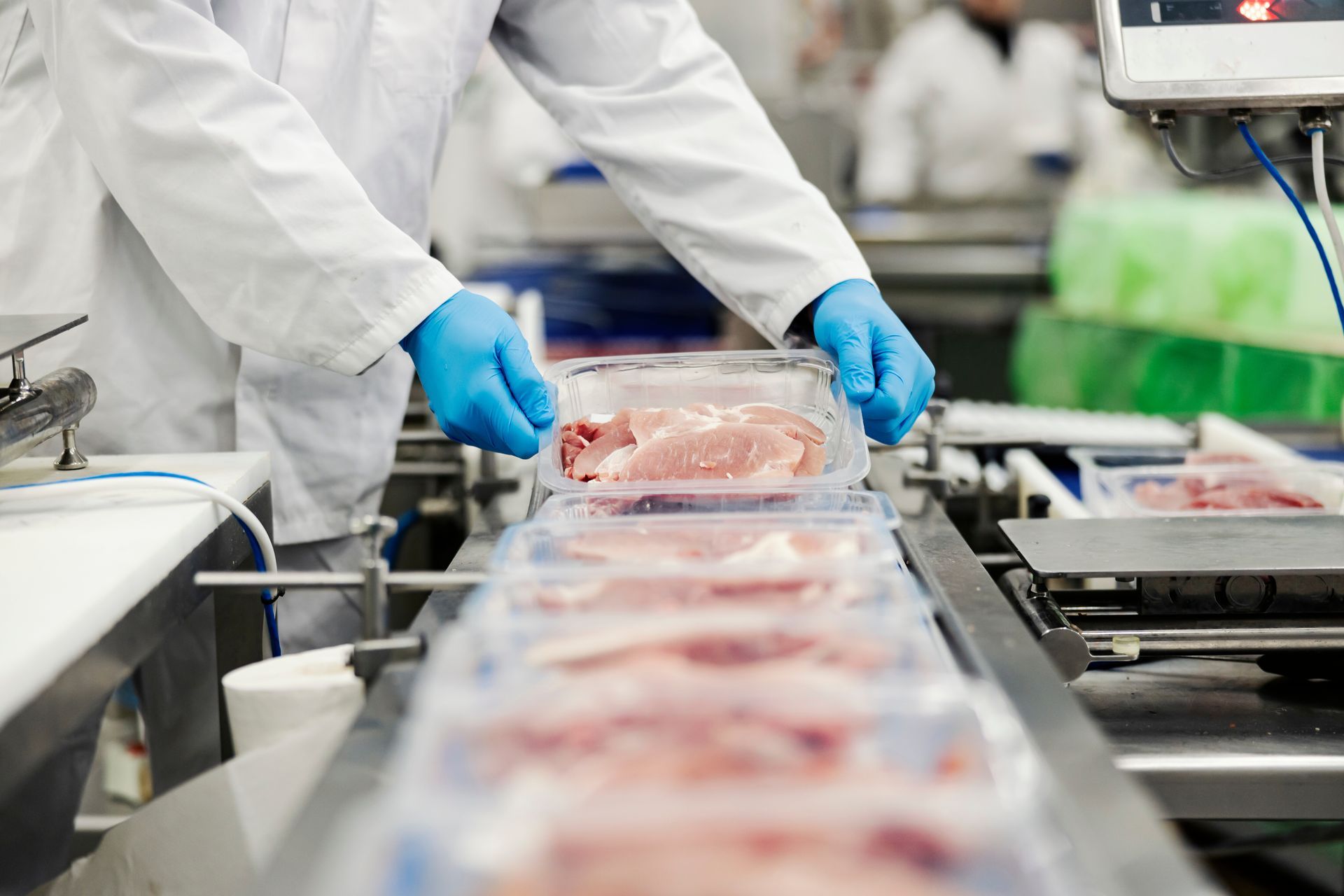

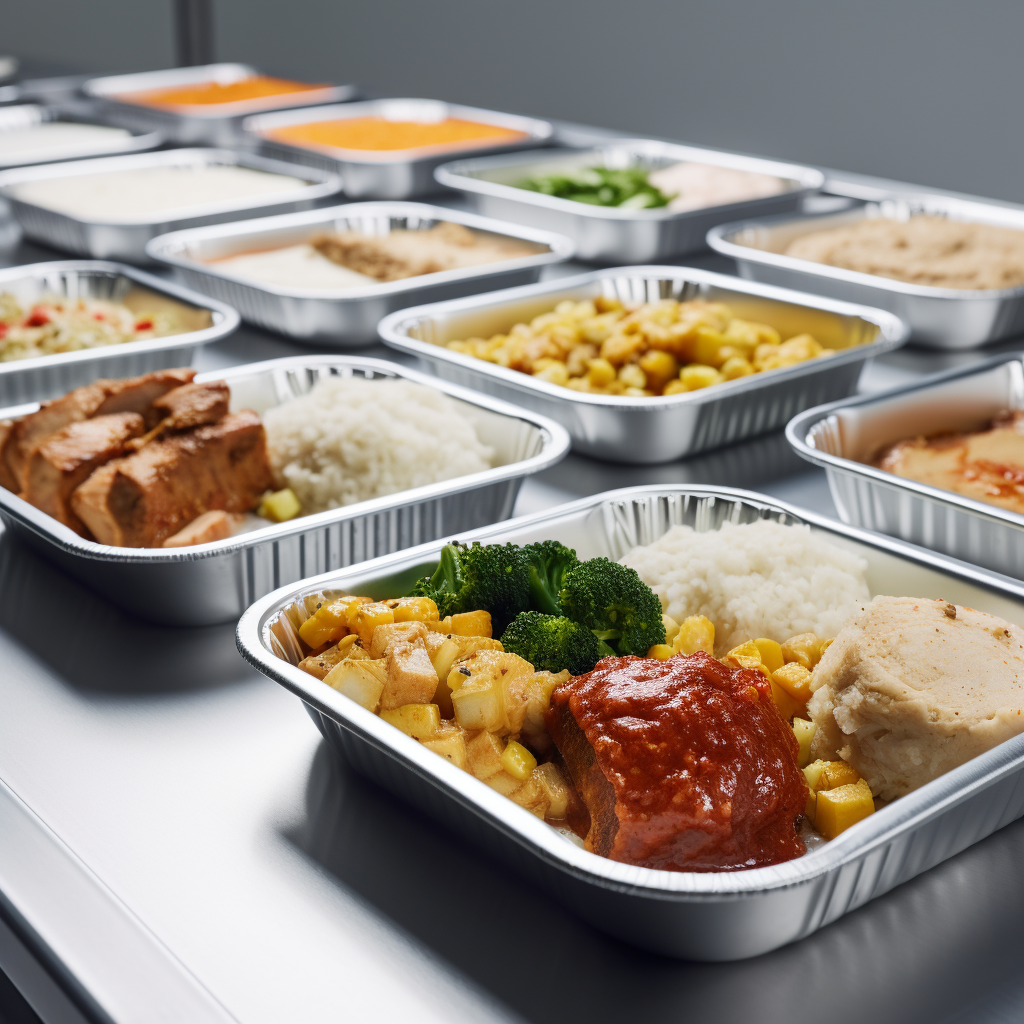
Stay in Touch
Product news, tips, subscribe to our newsletter:
Contact Us
We will get back to you as soon as possible.
Please try again later.




